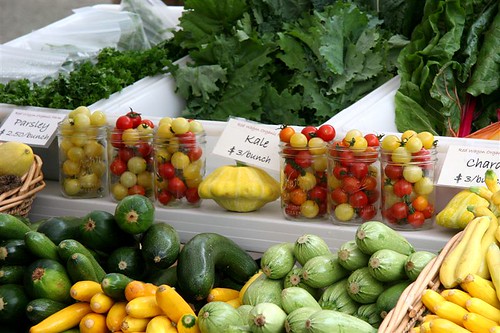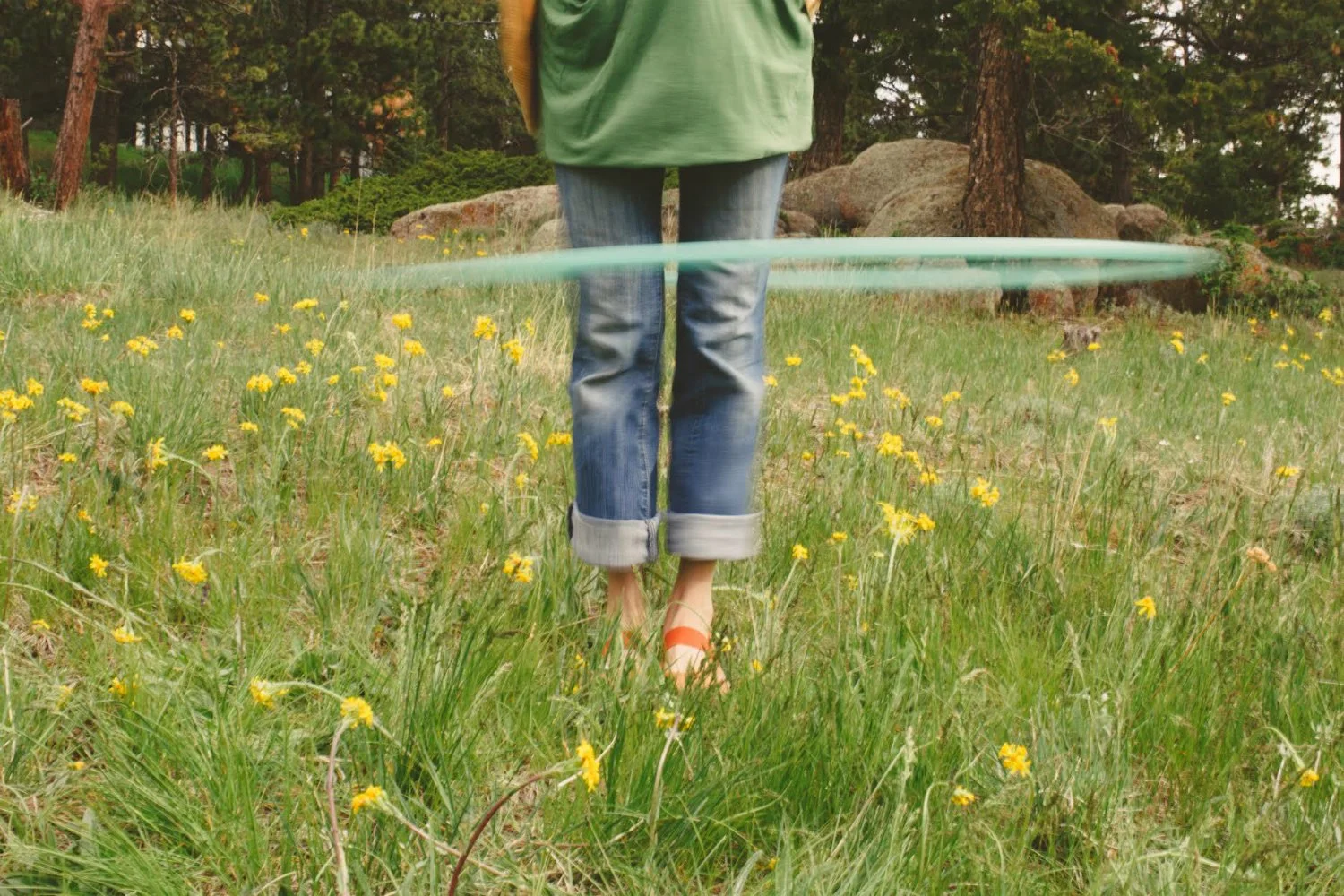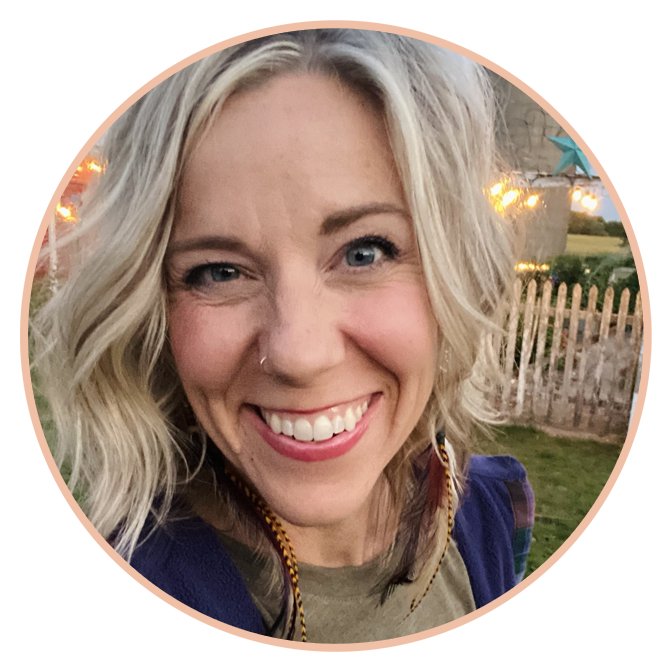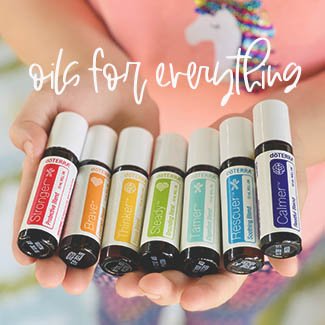Local vs. Organic
/ Do you know where your food comes from? Do you know how many miles your apple traveled so you could crunch on it's juicy goodness? You should. I read labels like it's going out of style (was it ever IN style?). I want to know where my food is produced. I've been known to come home from the grocery store and look up the farm who has their sticker on my avocado.
Do you know where your food comes from? Do you know how many miles your apple traveled so you could crunch on it's juicy goodness? You should. I read labels like it's going out of style (was it ever IN style?). I want to know where my food is produced. I've been known to come home from the grocery store and look up the farm who has their sticker on my avocado.
Luckily for me, Montana and the surrounding states have a huge number of organic farms. AND, if it's not organic, it's local. BUT SARA! Aren't we always supposed to eat organic so we don't die a horrible pesticide-induced death? Well...yes. However, buying local has many, many advantages. I love going to the farmer's market and meeting the farmer's face to face. When I eat that delicious, red, tomato...I know who picked it. If the farm is not certified organic, I am able to just ask the farmer what they use on their produce. There were several vendors in Iowa at the Farmer's Market who were not certified, but did not use pesticides. You just have to ask. However, it's harder to call up the corporate farm in California what they used on their crops.
I started thinking more about buying local foods when I found the 100-mile diet site. It's radical and wonderful. I love my avocados and bananas a little too much to do it, but I love the concept. Last summer when we had a share in our local CSA, I experienced a little of what it might be like to eat 100% local and 100% in season. When the tomatoes were done, they were done. You better savor it now, because pretty soon, they won't grow anymore! Boo hoo! But it made me appreciate the food so much more. Someday, I would love to grow all of our food...canning and preserving along the way to sustain us through the winter. Oh, and I want to live in a sweet yurt. But that's another blog.
On my most recent trip to the coop, I was looking at salsa and I was disappointed because almost all of them were made by "big organics" (companies who are owned by a larger, nastier corporation...i.e. Boca, which is owned by Phillip Morris! Oh the horrors!). So I turned around and in the cooler, I found a yummy, bright red salsa made just a few miles north of town! It was not organic, but in that case, I would much rather support my local grower than Muir Glen...which is owned by General Mills. It also tasted so much better than the jarred variety.
I walked over to the bread section and I made sure to grab 2 loaves made locally by Wheat Montana instead of the Rudy's, which I used to buy. They aren't organic, but they have the ingredients I look for and no added sugars...except honey. AND, they are made right here. We also have a delicious bakery just a few blocks from our house called On the Rise...and I buy yummy crusty bread from them.
If I can't find something completely local, I go for the next best thing...the surrounding states. I will choose Oregon, North Dakota, Washington, and Wisconsin over other states. Be sure to READ your labels! Every mile your food travels (a.k.a. food miles) to get to you is gasoline being burned and resources being used up. Most sources say that the average piece of produce travels about 1,200 miles to get to your plate. Yuck! I just don't like the thought of all my food traveling in a truck to get to me. I especially don't like thinking about buying food from other countries. How do I know that those organic grapes from Chile are truly organic...and who knows what kind of residues are on them from the trip. Call me paranoid. Just another reason to buy close to home or grow your own.
When we are thinking about going out to eat...we try to always think about where the restaurant is getting their food as well. We have a great Farm to Restaurant program here...and most of the places we support buy locally, and some are organic too. We have so many amazing local restaurants here...the food is so fresh and perfectly prepared. Living in a tourist town has it's perks.
To sum it up...buying local is tastier, better for your local economy, and great for your body. If you can find something that is local AND organic, life is good. KNOW your food. KNOW your farms. Where you put your grocery money is as important as your vote! Be informed about your food choices.





